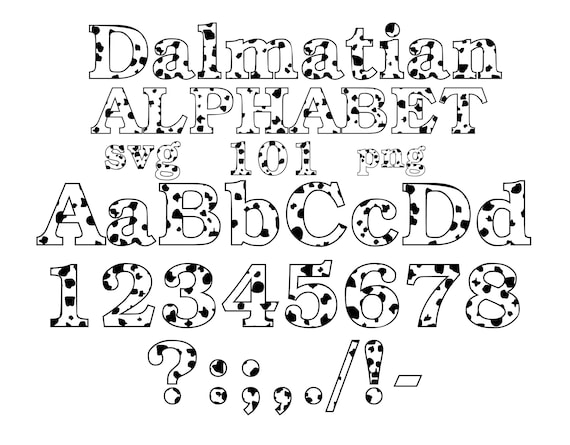The Significance of the Alphabet in Communication

Introduction
The alphabet serves as one of the foundational elements of written communication in numerous languages around the world. Its evolution has greatly influenced how societies record information, communicate ideas, and pass down knowledge through generations. Understanding the alphabet’s history and its relevance in modern times is indispensable, particularly in a digital world where textual communication prevails.
The Evolution of the Alphabet
The concept of an alphabet has its roots in ancient civilisations. The first known alphabet was the Phoenician alphabet, which emerged around 1200 BCE. It was revolutionary in that it represented sounds rather than ideas or concepts, facilitating easier learning and broader use. This alphabet influenced the creation of the Greek and Latin alphabets, which are fundamental to many languages used today.
Over time, various alphabets evolved as cultures adapted them to suit their linguistic needs. For instance, the Cyrillic alphabet was developed in the 9th century for Slavic languages, while the Arabic script evolved to provide a written form that could accommodate the phonetic sounds of Arabic. Today, there are numerous alphabets across the globe, each reflecting its culture and history.
The Role of the Alphabet in Modern Communication
In current times, the alphabet plays a crucial role not only in literature but also in technology. The digital age has rendered written communication more important than ever, with emails, text messages, and social media dominating how people interact. The alphabet is integral to this process, as it becomes the medium through which thoughts and ideas are shared instantly.
Furthermore, the understanding of the alphabet is vital for literacy. Educational systems worldwide focus on teaching the alphabet as the first step towards reading and writing. Promoting literacy through alphabet recognition can contribute significantly to personal and societal development.
Conclusion
In conclusion, the alphabet is not just a series of letters but a powerful tool for communication that has shaped human interaction for centuries. Its evolution reflects the history of cultural exchanges, and its current applications in literacy and technology underline its ongoing significance. As society continues to advance, the alphabet will undeniably remain a critical element in the way we connect, share information, and understand one another.








